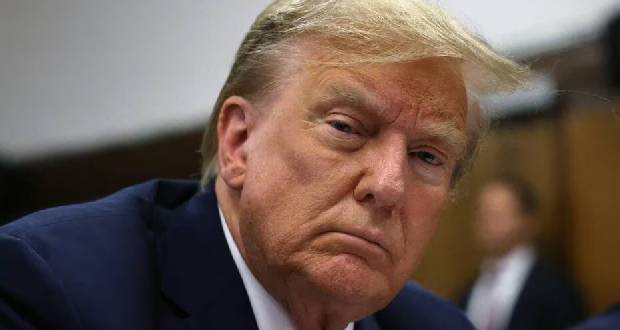Publicité
Dear Minister: To The Council of Religions
Par
Partager cet article
Dear Minister: To The Council of Religions

It must be very difficult for the Council to hammer out an agreed statement without Hephaestos to hand, but at least you don’t have The Donald as a member, reneging on any agreement five minutes later. You managed to cobble something together on the recent hatefuelled gathering in the Place d’Armes, even if two bishops were the only religious leaders to openly condemn it. However, your statement doesn’t seem to understand that people need to bring oppression into the limelight or nothing will ever change. Instead, it sidestepped the issue and seemed to blame the victims as much as the oppressors. A protest movement will often offend reactionary elements in society – and it might be wise to remember that some justified apartheid on biblical grounds.
Most politicos didn’t just step sideways, they wet their knickers. However, if religious groupuscules are really just a few activists, why are parties so obsequious to them? They seem to even shackle The Hon. Mohamed, normally so loquacious, which makes you wonder how deep the support for extremism is in certain quarters. Or is he guided as much by the widespread political obsession that every vote counts? Mind you, who but a simpleton is going to vote for a party prepared to scrummage for droppings amongst sectarian lobbies?
Religion and politics make a devilish mix. In Burma, the Royhingya Moslems are one of the most persecuted minorities in the world, terrorised by a Buddhist state that’s presumably lost sight of the path of complete enlightenment. Who dares criticise the barely veiled religious fanatics in the BJP – or their close friends here? The religious right seems to be growing stronger all over the place, from the American Bible Belt to states where the UN’s Charter of Human Rights is negated by Shariah. Wisdom might suggest that thinking and decision-making is better guided by reason than blind faith.
Self-interest further undermines democracy and has become a canker across society. In Plato’s Republic, Socrates asks why people keep thinking that any old person should be fit to judge who should be a ruler of a country. But in this he may have been too pessimistic. While the braindead are found throughout society, and not just in the Place D’Armes, as many ordinary folk as others can show commonsense when confronted by rogues and vagabonds. The problem is being offered only the choice between one set of them or another.
Our religion wasn’t perverted by narrow-minded fanatics. It was remarkably non-spiritual and adopted a more worldly approach. Stories of the gods illustrated human qualities, rather like soap operas do, and were a way of exploring human emotions and weaknesses. After all, the Greeks created the stories based on their own fallible nature, so the gods are often painted as cruel and inconsistent, as in other religions. However, they failed to satisfy many ordinary workers and peasants, particularly when times were hard due to political chaos or economic distress. Popular mystery religions were more exciting and promised escape from worldly cares, with a strong sense of fellowship and supposed contact with divine forces. Plus ça change…
It’s all very well to try to pour oil on troubled waters after an event but, if you can’t control the conduct of religious leaders, self-appointed or otherwise, how can you hope to influence the conduct of others? Your members may say that they don’t need lessons from Greek gods. Seeing the way extant religions cling to outdated dogmas, and the effect they have, you might do well to think again.
Publicité
Les plus récents






